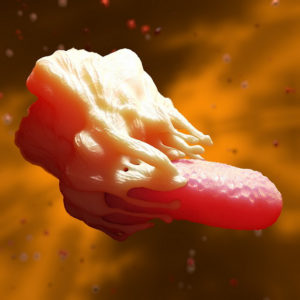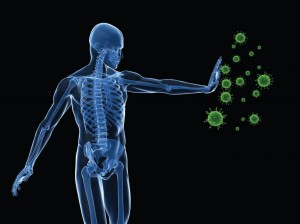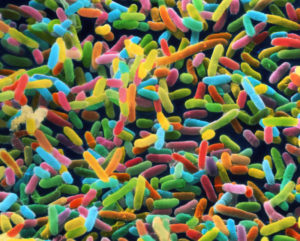Earlier this year, Seres Therapeutics publishedpromising data from an early-stage trial for its SER-109, a pill containing bacterial spores isolated from stool samples for patients with recurring Clostridium difficile infections (CDIs). The therapy seemed to be effective. But results announced last week (July 29) from a Phase 2 trial of 89 people with recurrent CDI were less positive: researchers found no significant difference between the treatment and control groups.
“The results were surprising, especially since the [Phase] 1b data was eye-popping,” Roger Pomerantz, the company’s CEO and president, told The Atlantic. “We’re now trying to dissect why there was a difference in the two trials.”
While the results may be a setback for SER-109, microbiome-based drugs still look promising, Diane Hoffman, director of the Law and Health Care Program at the University of Maryland and chair of a working group studying microbial transplants, told BuzzFeed News. “I still think it’s really exciting—maybe we just ruled one thing out,” she said. “I have this theory that there’s something potentially unique about the composition of microorganisms together that produces the beneficial effect. When you deconstruct that, you lose some of that benefit.”
Another company, Minnesota-based Rebiotix, is also developing a drug for antibiotic-resistant CDI. Whereas Seres researchers select specific bacterial species they put in the company’s treatment, Rebiotix’s drug, which completed enrollment in a Phase 2B trial last November, uses a suspension of all bacteria found in a donor stool sample.







